Ethiopia begins the second filling of the Grand Renaissance Dam in the face of Sudanese and Egyptian rejection of the project
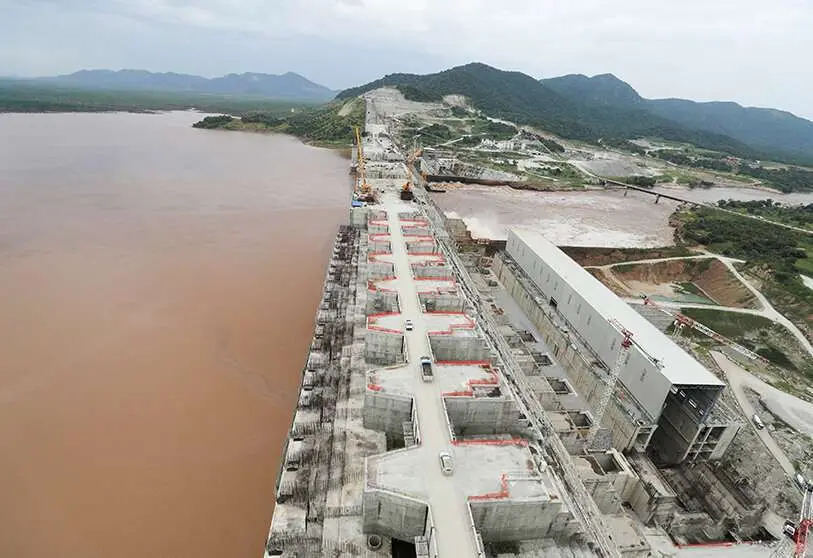
The conflict over the Grand Ethiopian Renaissance Dam (GERD) continues to run aground with no sign of a solution in the short term. Sudan, Egypt and Ethiopia have been at loggerheads for more than a decade since the latter began construction of the dam. Egypt and Sudan fear that their water resources will be affected by the filling of the dam, while Ethiopia stands to gain $4.6 billion in revenue from the project, which could lift millions of its citizens out of poverty and turn the country into a major energy exporter.
The dam is currently 80% complete and is scheduled for completion by 2023. Once commissioned, the dam would become the largest hydropower plant in Africa and the seventh largest in the world, according to local media reports. However, Sudan and Egypt do not take such a positive view of the dam's construction and have been cautious throughout. Both Cairo and Khartoum have attempted to negotiate a final agreement on the filling and operation of the dam that includes an effective and binding mechanism for resolving future disputes, but the proposal has not been successful.
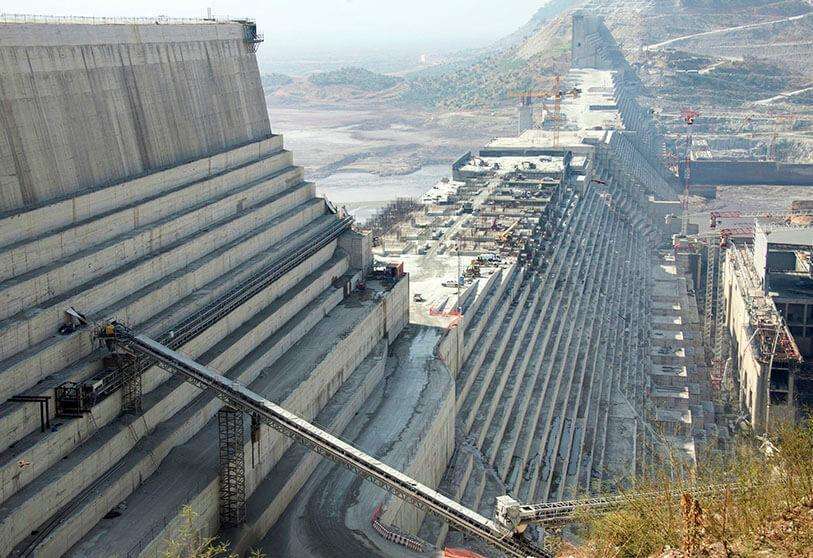
Cairo depends on the Nile for 98% of its freshwater reserves, while Khartoum sees the functioning of its own infrastructure threatened. Both countries have taken the dispute to international bodies such as the Arab League, which has offered strong support to both Egypt and Sudan, and the UN, which is scheduled to meet on Thursday to discuss the second filling of the dam. Sudan's Minister of Water Resources, Yasser Abbas, said he hoped the UN Security Council session would serve to "stop Ethiopia's unilateral measures" regarding the filling of the dam it is completing on the Blue Nile, after negotiations stalled.
The UN Security Council session comes at a time of heightened tension, as Ethiopia has announced the start of the second filling of the Nile dam, despite the failure of the three countries involved to reach an agreement. Egypt's ministry of water resources said that its head, Mohamed Abdelaty, "received an official letter from his Ethiopian counterpart stating that Ethiopia has started the process of filling the Grand Ethiopian Renaissance Dam (GERD) for the second year".
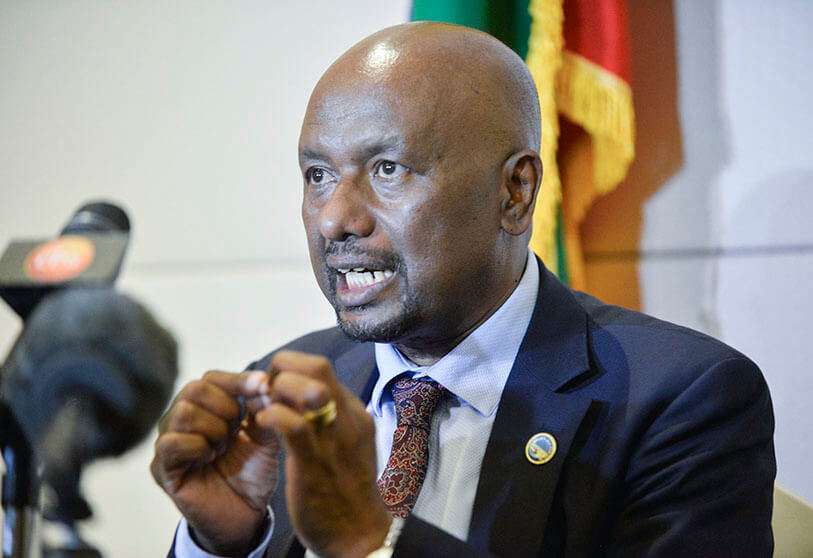
The first phase of filling the dam took place last August, and the second cycle was scheduled to take place in the middle of this month, so Ethiopia is keeping to its schedule to the detriment of relations with its neighbours, Egypt and Sudan. Cairo already anticipated that without an agreement, this stage would generate many tensions as well as "unimaginable instability".
In response to Ethiopia's notification, Egypt has sent another official letter to the Ethiopian Minister of Water Resources and Irrigation categorically rejecting the filling of the dam in what it calls "an explicit and serious violation of the Declaration of Principles Agreement, as well as a violation of international laws and norms governing projects built in the common basins of international rivers, including the Nile River".
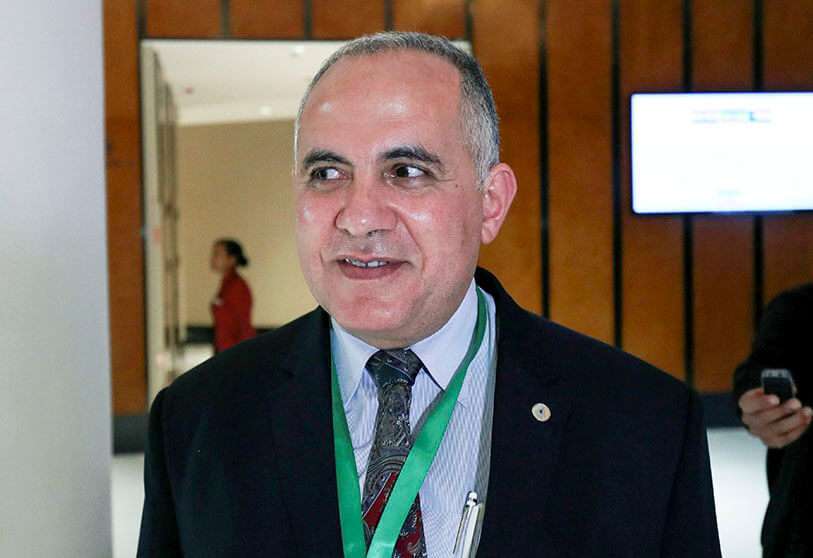
The Egyptian Foreign Ministry has also addressed a letter to the president of the UN Security Council to inform the body of the situation just three days before the meeting to discuss the conflict over the Grand Ethiopian Renaissance Dam. In the letter to the Council, Cairo underlines its concern over "this dangerous development, which once again reveals Ethiopia's evil intentions and its insistence on taking unilateral action".
Egypt, Sudan and Ethiopia are destined not to see eye to eye. This is why Cairo and Khartoum have tried to call on the European Union, the United States and the UN, as well as the African Union, to mediate in the conflict. Ethiopia has been totally against involving these bodies, as it considers that the problem should be discussed at the African level. Furthermore, Ethiopia's image has been seriously damaged internationally as a result of the conflict in Tigray.
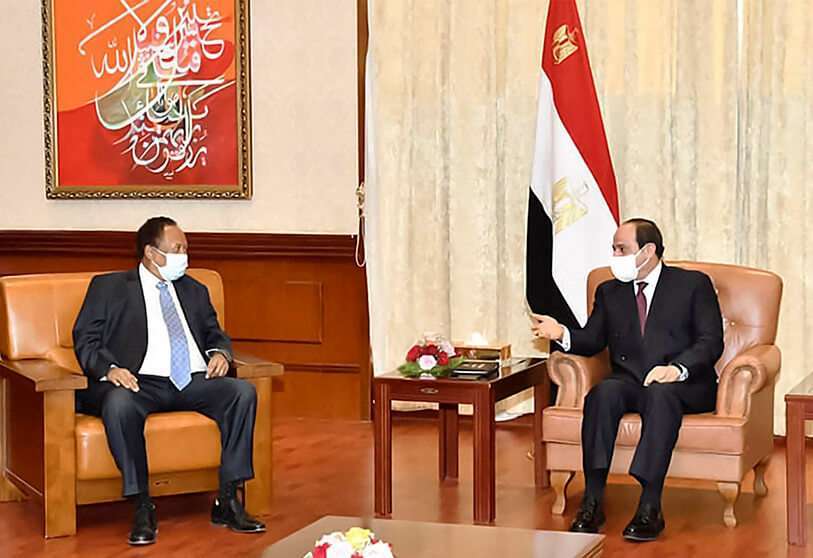
In response to this dispute, Egypt and Sudan have joined forces and in recent months have signed two military cooperation agreements, and their armed forces have carried out two joint air exercises, sending a clear message of unity and strength to Ethiopia. The second filling of the Grand Renaissance Dam may further strain relations with Cairo and Khartoum, which are currently on edge, contributing to the destabilisation of an already unstable region.
Likewise, Sudan and Ethiopia are not in the best of times. In addition to being at loggerheads over the Nile Dam, they also have a dispute over a border area, Al-Fashaga, to which must be added the massive influx of Ethiopian refugees from Tigray into Sudan. A dangerous cocktail that could explode sooner rather than later.








